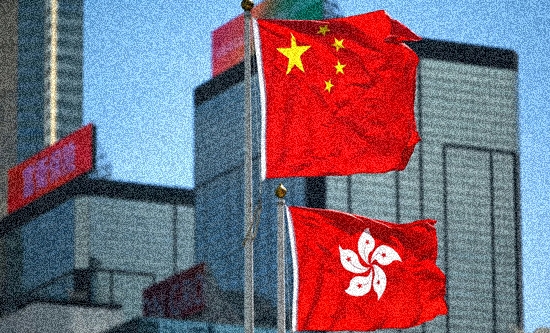
Variations of the forms of government are many and arguable. It’s hard to survey the centuries of history and conclude that only one best form of government is possible. If you had to pick one in particular, though, what the American framers came up with in 1789, borrowing from more than one model, must be near the top of any short list.
In January 2022, Journal of Democracy published “Hong Kong: How Beijing Perfected Repression” by Michael Davis. The article is behind a paywall, so we haven’t learned yet how to perfect the process of repression. The abstract of the article is accessible, however, and it asks whether there is a “PRC alternative” to western liberal democracy.
China’s move to impose on Hong Kong a new National Security Law in 2020 and accompanying “electoral reforms” in 2021 represent a complete hollowing out and abandonment of the city’s liberal-democratic constitutional model that Beijing had promised to let stand. These policies turned Hong Kong’s vaunted legal system into the chief instrument of repression, challenging the independence of the city’s courts, law enforcement, and legislative process. . . . Does this hollowing out of constitutional guarantees represent the oft-discussed PRC alternative to Western liberal democracy?
In meeting what requirements, exactly, does the observed hollowing out represent an alternative? The proper function of government is not to satisfy the desire for totalitarian control of the power lusters governing the People’s Republic of China. One may as well ask whether the actions of thieves and murderers represent an “alternative” to working for a living and dealing with other people rationally and peacefully. If one wants a viable society, “create” and “destroy” are not two alternative methods of fostering social and individual well-being to be pondered as if on a par.
In his book Human Action, the economist Ludwig von Mises explained the difference between a free society and one blighted by pervasive repression and controls in terms of the difference between nutrition and poison.
A man who chooses between drinking a glass of milk and a glass of a solution of potassium cyanide does not choose between two beverages; he chooses between life and death. A society that chooses between capitalism and socialism does not choose between two social systems; it chooses between social cooperation and the disintegration of society. Socialism is not an alternative to capitalism; it is an alternative to any system under which men can live as human beings.





